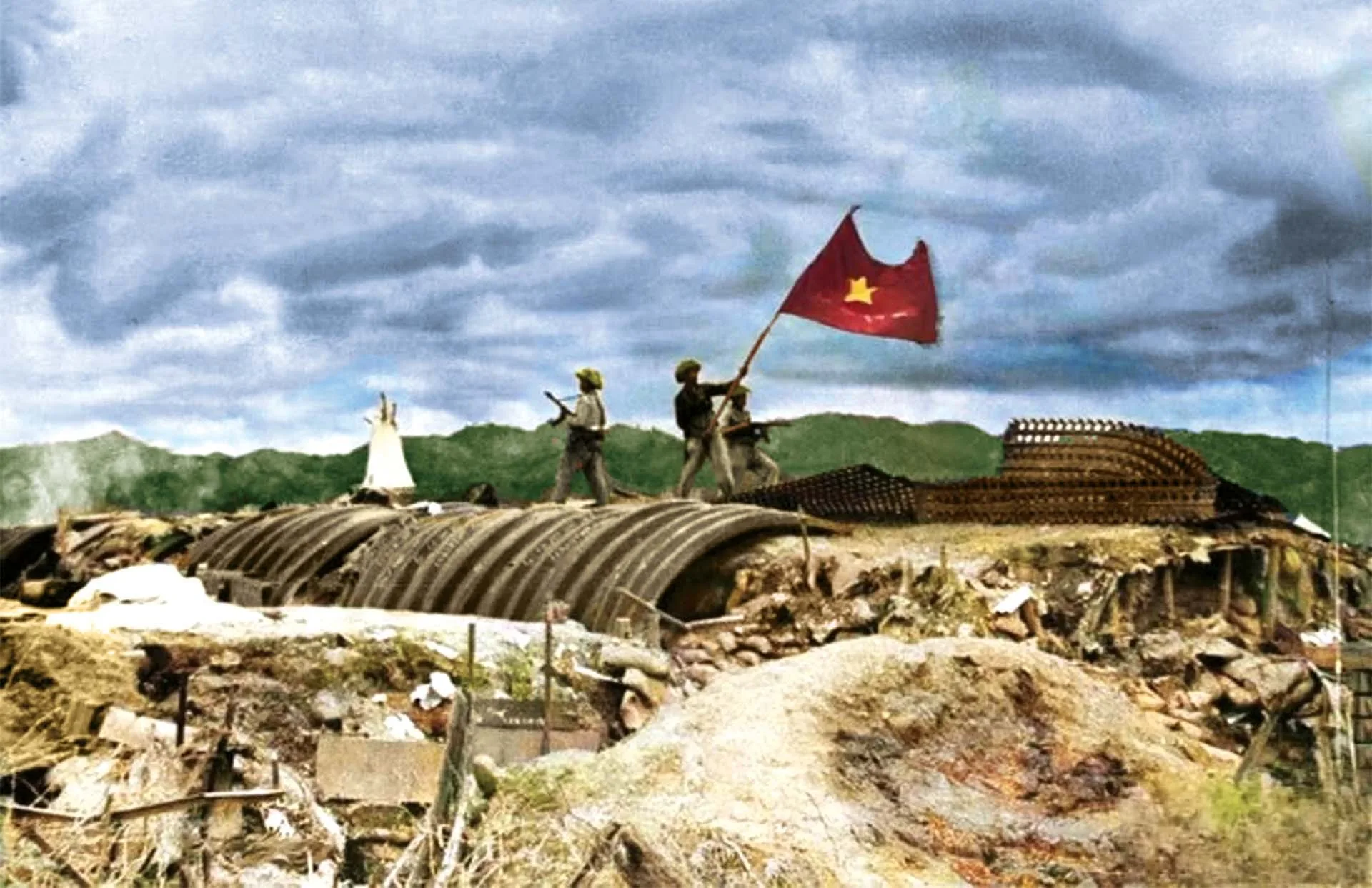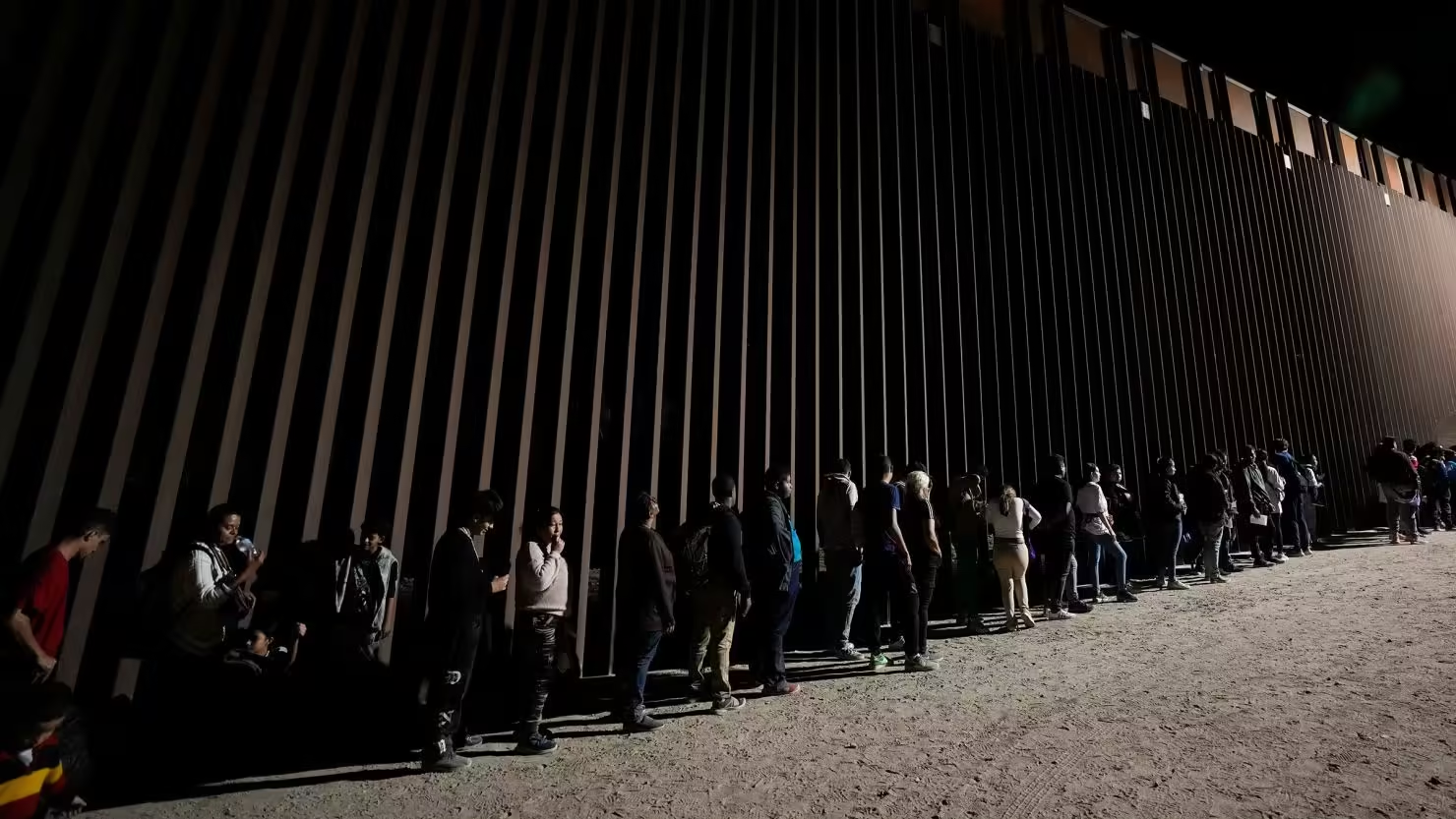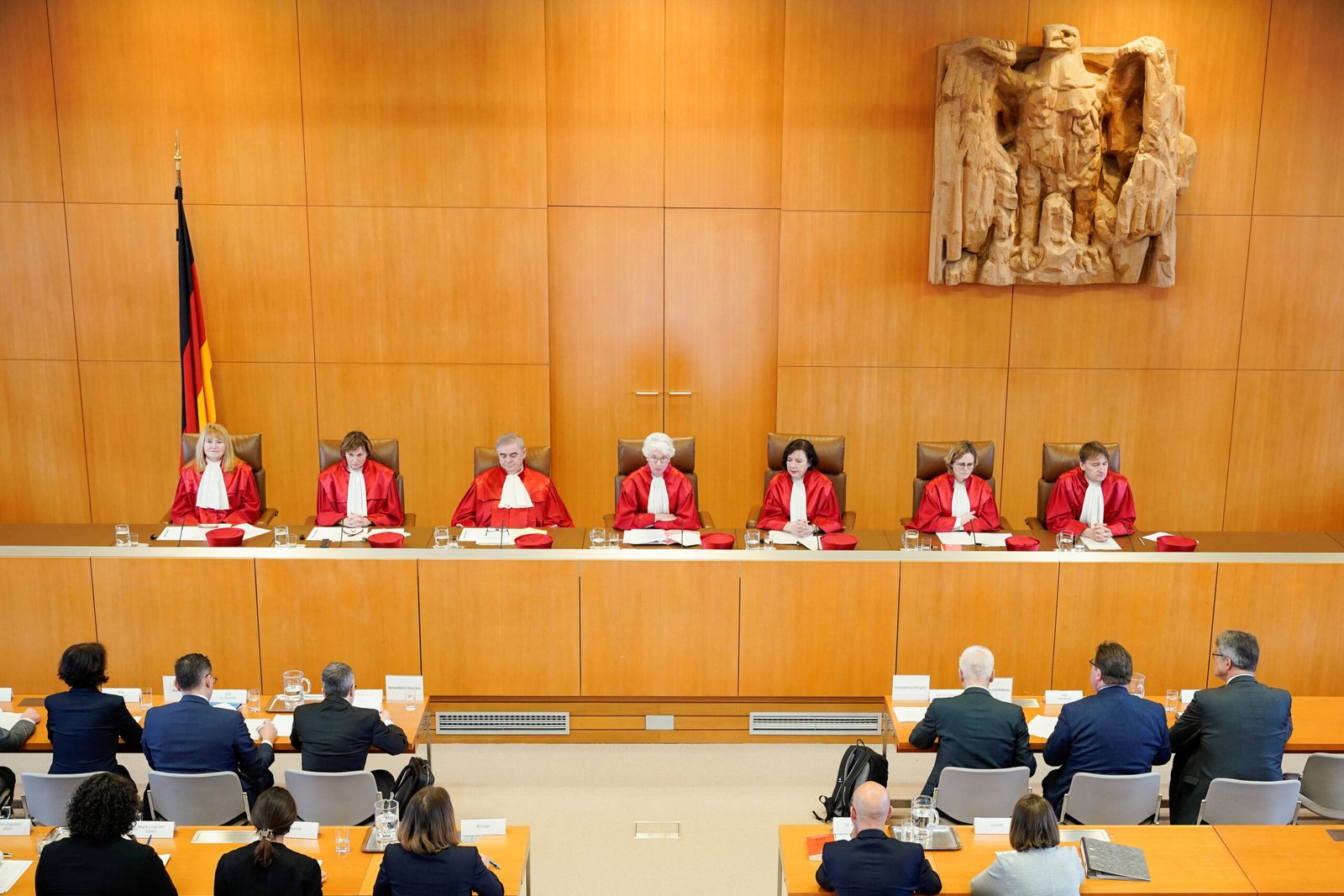Vietnam’s Dien Bien Phu province was a scene of remembrance and reverence on Tuesday as war veterans, party leaders, and diplomats convened to mark the 70th anniversary of the nation’s triumph over French colonial forces.
The 56-day-long, grueling battle in the remote, northwestern valley concluded on May 7, 1954, heralding the downfall of French colonial dominance.
Regarded as one of the defining conflicts of the 20th century, the historic Dien Bien Phu battle precipitated the signing of the Geneva Accords on July 21, 1954, reshaping the geopolitical landscape of the region.
Despite relentless rain, tens of thousands of individuals gathered at Dien Bien Phu’s main stadium, braving the elements to witness military parades, cultural performances, and stirring speeches broadcast nationwide.
Prime Minister Pham Minh Chinh, speaking at the opening ceremony, hailed the victory as not only significant for Vietnam but also for oppressed nations worldwide. He articulated aspirations for a modern “Dien Bien Phu victory,” focusing on economic expansion and prosperity.
The battle itself was characterized by thundering artillery fire reverberating across the valley and intense hand-to-hand combat, leaving Dien Bien Phu and its surrounding hills strewn with the fallen from both sides.
In a symbolic gesture of reconciliation, French Minister of the Armed Forces Sebastien Lecornu joined the commemorative ceremony, underscoring the importance of acknowledging shared history and fostering mutual understanding.
Reflecting on the strategic lessons learned from the Dien Bien Phu campaign, Vietnam’s commitment to national interests was articulated by Carl Thayer, emphasizing the concept of “bamboo diplomacy” – a blend of steadfast principles and flexible tactics to achieve strategic objectives.



